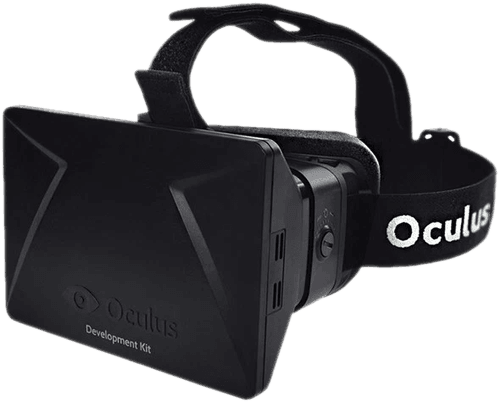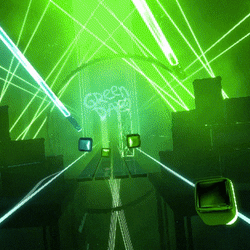
20 Oct A Chat with the CEO: Annie’s Background, Career, and More
Things are picking up here at Futurus as we enter the holiday season and steadfastly approach the end of 2021. With our office moving locations, our team growing in size, and our projects continuing to develop, we have so many things to celebrate. First, business magazine FastCompany has included the JLG AR App among their list of the best-designed apps and games of 2021, awarding the augmented reality app with an honorable mention during this year’s Innovation by Design Awards. Additionally, our team is excitedly anticipating the upcoming release of Loam Sandbox, Amebous Labs’ premier virtual reality game release promising to be a welcome change of pace from many popular VR gaming options.
Ahead of her upcoming speaking engagement at Augmented World Expo on November 10th, we thought now would be a great time to sit down with Futurus’ CEO, Annie Eaton, and learn more about the proud leader spearheading these accomplishments.
You wear many hats; most people will recognize you as either CEO, executive producer, leader, or mentor, but we’re curious as to what you were like before you began donning so many different titles. Can you tell us about your backstory and childhood?
Growing up, I would not have necessarily expected the path I have found myself on, though I have always wanted to own a company since a young age. Growing up, my sister and I were the kids with a lemonade stand, and my mom and I started a small handbag business when I was in high school. The entrepreneurial spirit has always been a part of me.
While I grew up in a STEM household (there are many engineers in my family, and math was always my favorite subject), we focused most of our free time on the arts. I grew up playing piano and dancing since I was a toddler. You don’t picture the classical pianist and ballerina as running an immersive tech company and game studio, yet here I am, and I couldn’t be happier.
Who or what prompted your transition of interests from music and dance to immersive technology and XR experiences?

Aside from initially being overwhelmed by XR’s many possibilities, the origin of my working in the space was self-motivated. I was interested in virtual reality in 2013 when a coworker brought his Oculus Quest DK1 (the same model from the infamous Kickstarter) into the office. Fueled by excitement and passion, I learned everything I could about VR and how I could apply it to my existing job in marketing. Unfortunately, the company where I worked did not want to pursue incorporating the tech at that time, so I had to find other avenues.
After interviewing for several companies (including one major VR hardware provider), the general advice I received was: “you’re great, but you need more VR industry experience.” So instead of waiting around for the right opportunity to give me that experience, I worked with my coworker to create the Atlanta Virtual Reality Meetup, which has evolved into a 1500-member organization called XR Atlanta. After launching that meetup group, people were asking us left and right how their companies could get into the XR space, so we branched off and started our own business to help them.
You’ve had an exciting career thus far—are there any interesting stories you can share?
It’s very hard to narrow down the most interesting story, but here is a good one. Fairly early on in my business, there were just two of us – Futurus’ other co-founder and me. Our first office was in a loft space that my (now) husband Jake and I moved into. It was the only way to afford an office—sharing it with a residence in a space that was either zoned for living or working. Jake and I lived in the back half, and the office was in the front half. I got a call one day from a tv producer that a very famous tv host was filming a new show and that they needed someone in the VR space to interview for a “day in the life” style piece about emerging technology. I was so excited about the opportunity that I didn’t think about how they were coming the next day, and the place had to be spotless for an entire reality show film crew to come through.
After committing to the engagement, panic ensued! We had been trying so hard as a duo to look bigger than we were, and this was going to expose us to a potentially national audience. So, Jake and I took my dogs to my parents’ house and spent the entire night cleaning and preparing. We turned our living room into a ‘break room/lounge,’ which the crew used as a green room. We even made sure to lock the bedroom door with a key, so they didn’t realize people lived there. I moved all kitchen appliances and personal items into that room and locked the door. It was a mad scramble for a great day of filming that never saw the light of day—the show was never picked up!
Can you tell us about any of the exciting projects you’re working on now?
After years of running my XR development company, Futurus, I expanded my portfolio last year by starting a game studio, Amebous Labs. We are working towards launching our first game title, Loam Sandbox, a virtual reality garden simulation game set in a peaceful, serene valley. So many games in the VR space fall into one of two categories: shooters and what I call “frenzy.” I have much love for frenzy-style games (think Beat Saber or Cookout); they leverage virtual reality’s hand tracking to deliver incredibly active games. Still, these genres ignore the large segment of gamers who play to relax, thus limiting adoption in our industry.



There are not enough relaxing games in VR that also have a purpose for the player. Immersive storytelling and narratives are fantastic VR experiences, but they don’t have the goals and continued engagement that games provide. So, we’re making one! Loam is an escape—a place people can go to nurture their plants, decorate their space, and fill their Field Guide to Gardening. There’s a purpose, but there is also a relaxing experience that extends infinitely alongside players’ imaginations and design goals.
Annie’s love of future technology extends beyond leading teams at Futurus and Amebous Labs; follow @FuturusAnnie on Twitter to share her passion for extended reality and immersive experiences.





